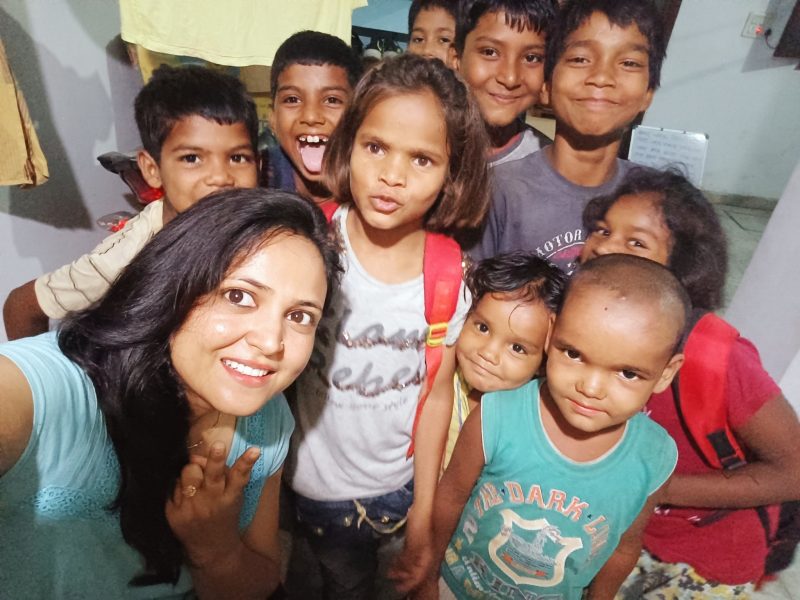
Teacher sets up 'pad bank' at Bareilly village school, promotes menstrual hygiene

An inspiring initiative has been started by a primary teacher in her village in Bareilly district of Uttar Pradesh. This ‘Padwoman’ is not only spreading awareness about menstrual hygiene but has also established a “pad bank” at her school giving away sanitary napkins for free to the adolescent girls and women of the village.
The teacher Rakhi Gangwar does this voluntary work without any financial assistance from any organisation. Gangwar’s efforts have started bearing fruit. Her pad bank, which began at the government primary school in Boria village of the district’s Bhadpura block, is now attracting more women every passing day.
Nearly 100-150 women come to the pad bank every month and the number is increasing, Gangwar said.
Kapda mukht (cloth free)!
Gangwar told PTI that the pad bank was started on the occasion of Mother’s Day on May 15. During a survey of the village, she found women were unaware of the hygiene and cleanliness necessary during menstruation.
Also read: Maha to provide subsidised sanitary napkins to girl students, women from SHGs: Minister
“They were using dirty clothes. None were using sanitary pads. Many were not even aware it (pads) exists,” Gangwar told PTI. The 32-year-old Gangwar’s vision is to make the village ‘kapda mukt’ (cloth free).
“Almost all the women here in this remote village in a lesser known part of Bareilly use cloth pads, but they do not know how to use them in the proper way, or how to sanitise or disinfect the cloth before reusing them. Therefore, for the sake of removing the stigma in this village and promoting menstrual health among the women, this felt like a timely initiative,” explained Gangwar.
“As my school is for students up to Class 5, I personally invited their mothers and other village women. I used my own money to buy sanitary pads and give them to the women. Now, as it has been about three months, the number of women coming for the pad bank has increased,” Gangwar said.
“The school staff and the principal are cooperative and support me in this work,” she said when asked about what kind of support her initiative gets. Gangwar has been teaching in the school for the last five years.
Good response
“More and more people are joining the campaign. If women coming to me have some health problems, I also arrange video consultation with doctors for them,” she said, stressing that male teachers of some schools have also joined her campaign.
When she runs out of money to buy the sanitary products myself, her husband and her brother pitch in to help as well, said Gangwar.
“I used to send my videos to them (teachers) to show to village women and girls and the campaign is getting a good response. This month, a sanitary pad company has offered pads free of cost to the bank,” Gangwar said.
She said there are 78 families in the village and she personally contacts each of them. “Some elderly women of the village also come to me and appreciate the initiative and encourage me. They even help in convincing other women to use the pad bank and spread the word,” the teacher added.
‘Fortunate to have a pad bank’
Sushma Devi, whose daughter studies in the same school, said it is a great initiative and has helped them understand the importance of hygiene.
“I am happy that we got a chance to know about the use of sanitary pads that we get free of cost here. I will also teach my daughter about this,” she added.
Similar were the views of Usha Devi and Pinki Devi whose daughters too are in the school.
“We are fortunate that such a pad bank was started here. We are regular visitors now and we also attend workshops at the school. I have told other village women about this and we are glad that such a thing has started here,” Usha Devi said.
(With inputs from agencies)


